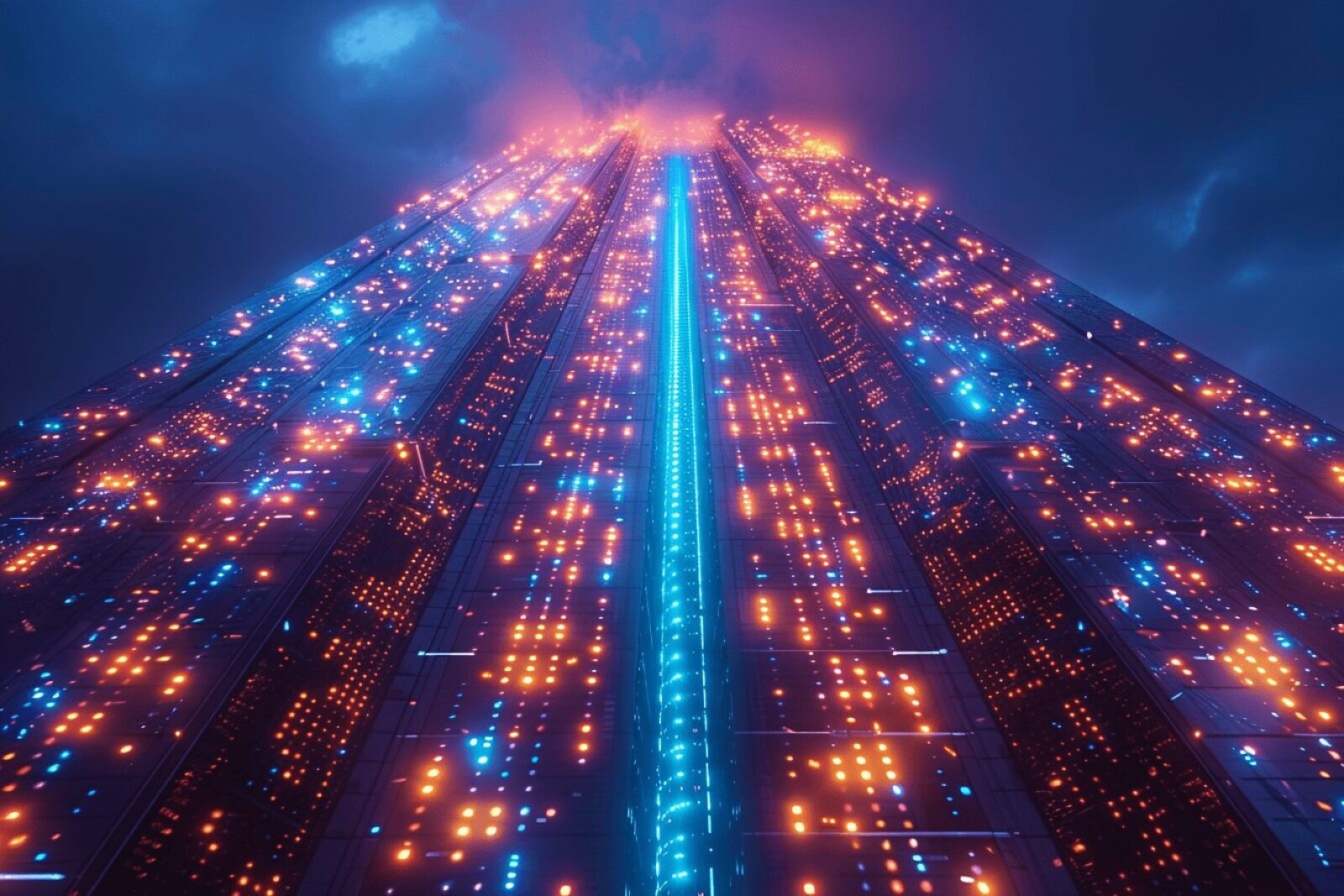
Maxwell Ledger
How NFTs Are Revolutionizing Digital Ownership

Non-fungible tokens (NFTs) have taken the digital world by storm, revolutionizing the concept of ownership and transforming various industries. This article explores how NFTs are revolutionizing digital ownership, examining their impact on the digital economy, unique use cases, and why they are reshaping the way we perceive and interact with digital assets.
Understanding NFTs
What Are NFTs?
NFTs are unique digital assets that represent ownership of a specific item or piece of content, such as digital art, music, or virtual real estate. Unlike cryptocurrencies, which are fungible and can be exchanged on a one-to-one basis, each NFT is distinct and cannot be replicated.
Blockchain Technology
NFTs are built on blockchain technology, which ensures the security, transparency, and immutability of ownership records. This decentralized approach eliminates the need for intermediaries and provides verifiable proof of ownership.
Unique Use Cases of NFTs
Digital Art
NFTs have revolutionized the digital art world by enabling artists to tokenize their work and sell it directly to collectors. This new model provides artists with greater control over their creations and the ability to earn royalties from secondary sales.
Example: Beeple’s “Everydays: The First 5000 Days” Beeple’s digital artwork sold for $69 million at a Christie’s auction, highlighting the potential of NFTs to transform the art market and create new opportunities for digital artists.
Music and Entertainment
Musicians and entertainers are using NFTs to release exclusive content, concert tickets, and fan experiences. This direct-to-fan model allows artists to monetize their work more effectively and engage with their audience in innovative ways.
Example: Kings of Leon’s NFT Album The band Kings of Leon released their album “When You See Yourself” as an NFT, offering exclusive perks and limited-edition vinyl to NFT holders.
Virtual Real Estate
NFTs are being used to buy, sell, and trade virtual real estate in digital worlds and metaverses. Virtual land ownership allows users to build, develop, and monetize their virtual spaces.
Example: Decentraland Decentraland is a virtual world where users can purchase, develop, and trade virtual land parcels using NFTs. The platform has seen significant growth and investment, highlighting the potential of virtual real estate.
Gaming
NFTs are transforming the gaming industry by enabling players to own and trade in-game assets. This ownership model provides players with greater control over their virtual items and the ability to earn real-world value from their gaming activities.
Example: Axie Infinity Axie Infinity is a popular blockchain-based game where players can collect, breed, and trade virtual creatures called Axies. The game’s play-to-earn model has attracted millions of users and significant investment.
The Impact of NFTs on the Digital Economy
Democratizing Access
NFTs democratize access to digital ownership by allowing creators and collectors to engage directly, without the need for intermediaries. This shift empowers individuals and fosters a more inclusive digital economy.
New Revenue Streams
NFTs create new revenue streams for artists, musicians, and other content creators. By tokenizing their work, creators can monetize their digital assets in ways that were previously impossible.
Enhanced Provenance and Authenticity
Blockchain technology ensures the provenance and authenticity of NFTs, providing verifiable proof of ownership and reducing the risk of counterfeiting. This enhanced transparency builds trust and confidence in the digital economy.
Challenges and Considerations
Environmental Impact
The energy consumption of blockchain networks, particularly those using proof-of-work consensus mechanisms, raises concerns about the environmental impact of NFTs. Efforts are underway to develop more sustainable solutions and reduce the carbon footprint of NFT transactions.
Market Speculation
The rapid rise of NFTs has led to significant market speculation, with some assets experiencing extreme price volatility. Investors should approach the NFT market with caution and conduct thorough research before making purchases.
Conclusion
NFTs are revolutionizing digital ownership by enabling creators to tokenize their work, engage directly with their audience, and monetize their digital assets. From digital art and music to virtual real estate and gaming, NFTs are transforming various industries and creating new opportunities in the digital economy. While challenges such as environmental impact and market speculation remain, the potential of NFTs to reshape the way we perceive and interact with digital assets is undeniable. By staying informed and understanding the unique dynamics of the NFT market, you can navigate this exciting and rapidly evolving space more effectively.













